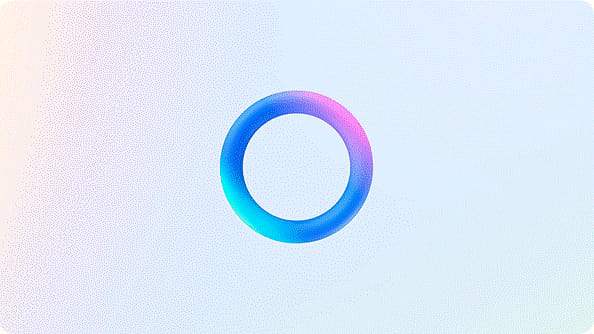India is the largest market for Meta AI usage: CFO Susan Li
ADVERTISEMENT

India has emerged as the largest market in terms of usage of Meta AI, the artificial intelligence (AI) chatbot assistant launched by Facebook's parent, the company's chief financial officer Susan Li said on Thursday during the company's second quarter earnings call.
"People have used Meta AI for billions of queries since we first introduced it. We're seeing auspicious signs on WhatsApp regarding retention and engagement, which has coincided with India becoming our largest market for Meta AI usage," said the CFO.
As part of its ongoing efforts in Generative AI, Meta launched its AI chatbot in September last year, however, it came to India only in June this year. The chatbot is a conversational assistant, available on Meta apps like WhatsApp, Messenger, and Instagram, with its integration into Ray-Ban Meta smart glasses and an upcoming one with the Quest 3, Meta's mixed reality headset. The AI-powered assistant offers real-time information and can generate photorealistic images from text prompts.
"Assistant Meta AI is on track to achieve our goal of becoming the most used AI assistant by the end of the year," Meta founder Mark Zuckerberg said.
Why India?
India is Meta's largest market, with over a billion users across its apps, including Facebook, WhatsApp, Instagram, and Threads. The country has significantly contributed to Meta's growth, with India leading in Daily Active Users (DAUs) growth for the company's apps, as reiterated by the company's annual report released in February this year. As of April, India boasted over 378 million Facebook users, the largest audience for the platform globally, according to Statista. In addition, Meta's new platform, Threads, has gained traction, nearing 200 million monthly users, with India being one of its most active user bases.
January 2026
Netflix, which has been in India for a decade, has successfully struck a balance between high-class premium content and pricing that attracts a range of customers. Find out how the U.S. streaming giant evolved in India, plus an exclusive interview with CEO Ted Sarandos. Also read about the Best Investments for 2026, and how rising growth and easing inflation will come in handy for finance minister Nirmala Sitharaman as she prepares Budget 2026.
Thus, expanding its presence in India, Meta can be seen partnering with local AI startups like Sarvam.AI to create datasets in Indian languages. The company has also made its AI assistant compatible with eight languages, including Hindi and Hinglish. Backed by Peak XV Partners and Khosla Ventures, Sarvam.AI is developing a series of AI models called OpenHathi, based on Meta's Llama model. In May, Tata Technologies leveraged Meta's Llama 2 and Stable Diffusion 3 to create a design studio for automotive sales. In addition, Meta even partnered with NASSCOM in July to launch an open-source generative AI challenge for Indian startups and developers. The Centre for Development of Advanced Computing (C-DAC), under the Ministry of Electronics and Information Technology (MeitY), will provide technical infrastructure support for this initiative.
What does the Q2 report reveal?
Meta reported $39.07 billion in revenue this quarter, up 22%, and $13.46 billion in profit, a 73% rise. Meta expects third-quarter revenue of $38.5-$41 billion and projects ongoing operating losses for Reality Labs in 2024 due to investments. This led Meta shares to climb as much as 9% on Wall Street today.
Highlighting the company's existing AI capabilities, Mark noted that around 30% of the posts on Facebook feeds today are delivered by the AI recommendation system, almost twice what it was in the last couple of years. Over 50% of the content people see on Instagram is AI-recommended. AI enables more relevant ad deliveries to users, enhancing value for advertisers. The revenue generated from Meta's AI-powered tools, Advantage+ Shopping and Advantage+ App Campaigns, has more than doubled since last year.
Rather than creating a single AI, Meta aims for users to develop their own AI systems. Through AI Studio, Mark shared that creators will design AI agents to interact across Meta's apps. He highlighted that Business AIs, currently in Alpha testing, will help small businesses use AI agents to interact with customers. The company's goal is to simplify the integration of content and catalogues into AI agents, enhancing sales and cutting costs for small and large businesses.
Meta founder also emphasised that while generative AI features will boost user engagement, the real revenue will come from business use cases, such as AI-generated ads and AI agents in WhatsApp for customer service.
Next year, Meta may also release Llama 4, the most advanced LLM model by the company, and all these AI models are envisioned to shape Zuckerberg's more ambitious dream for the metaverse.
